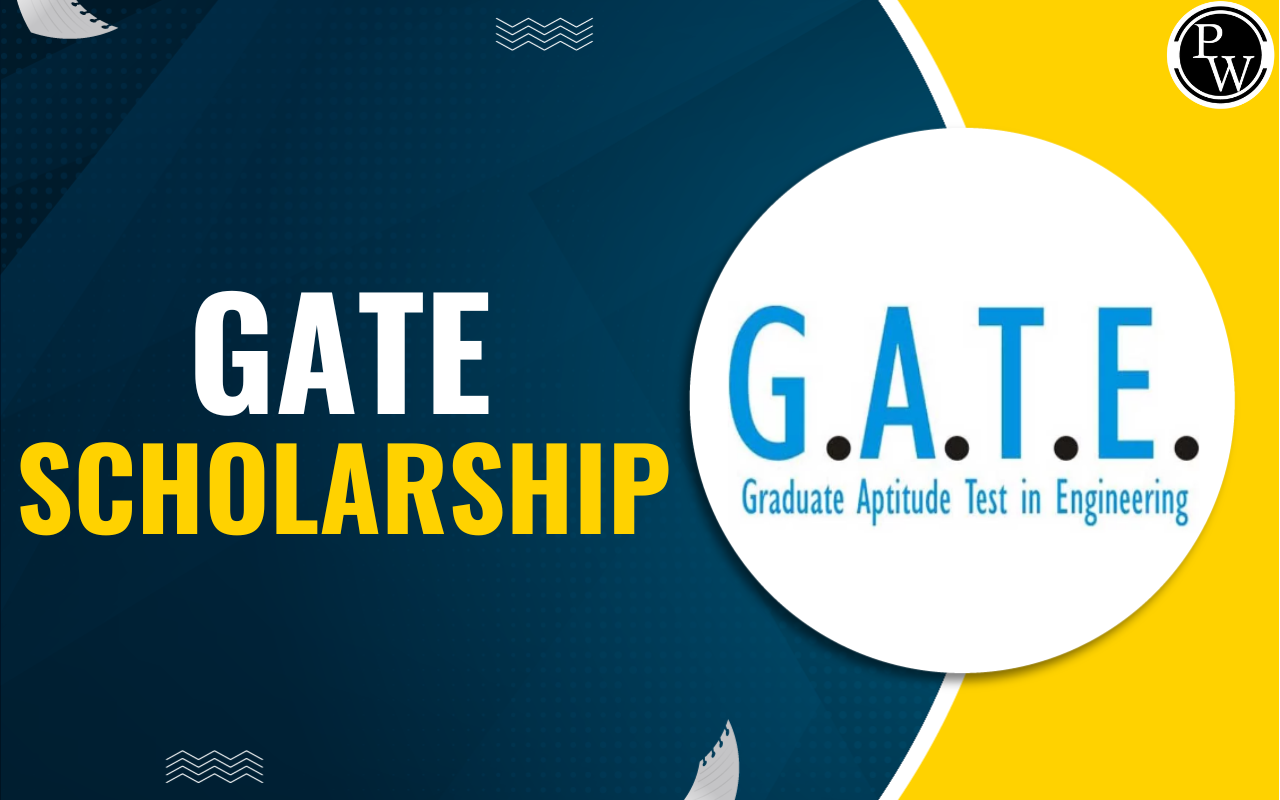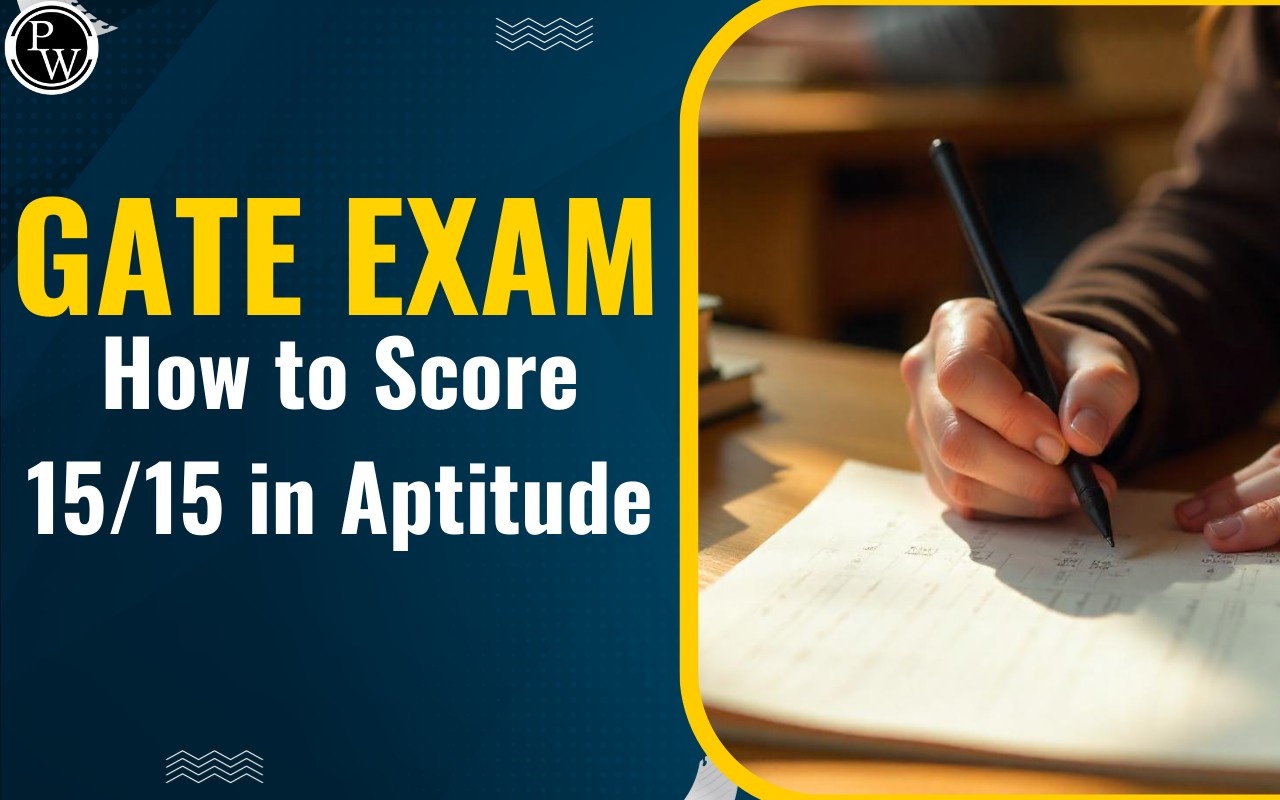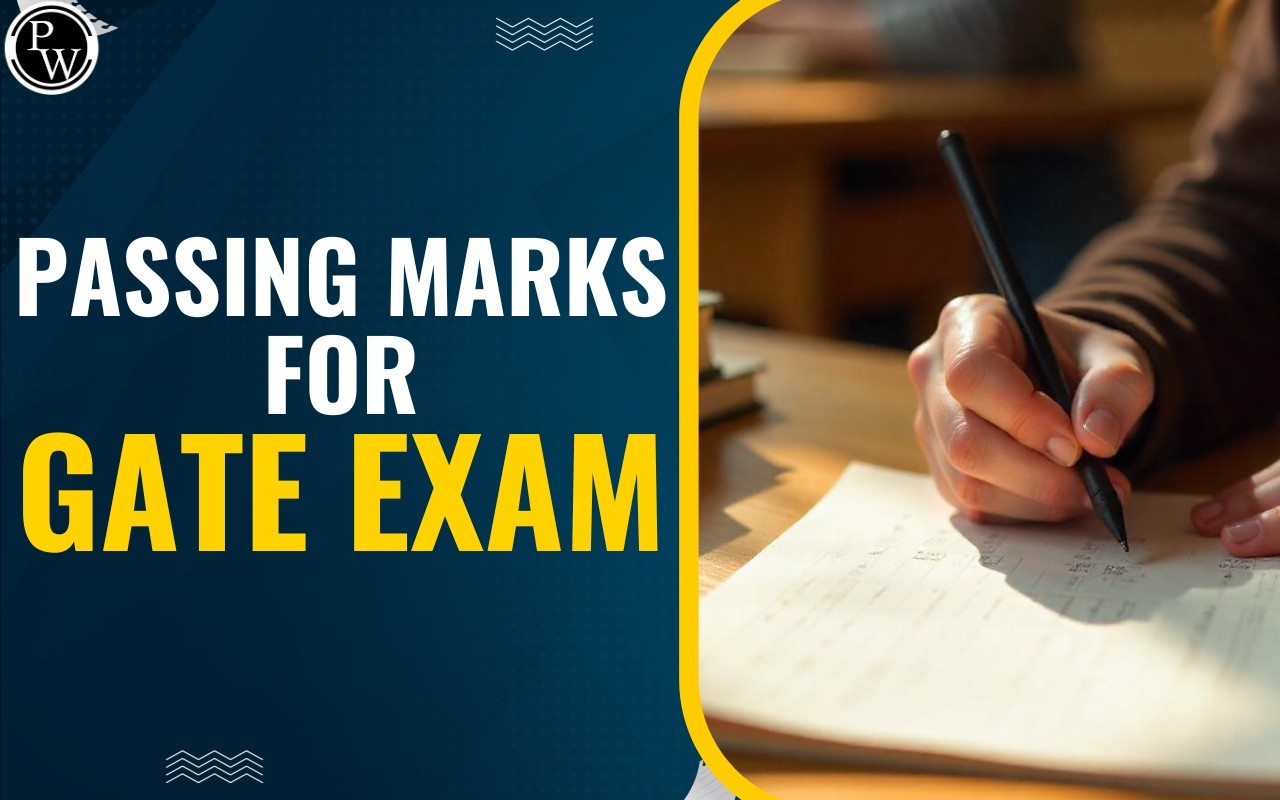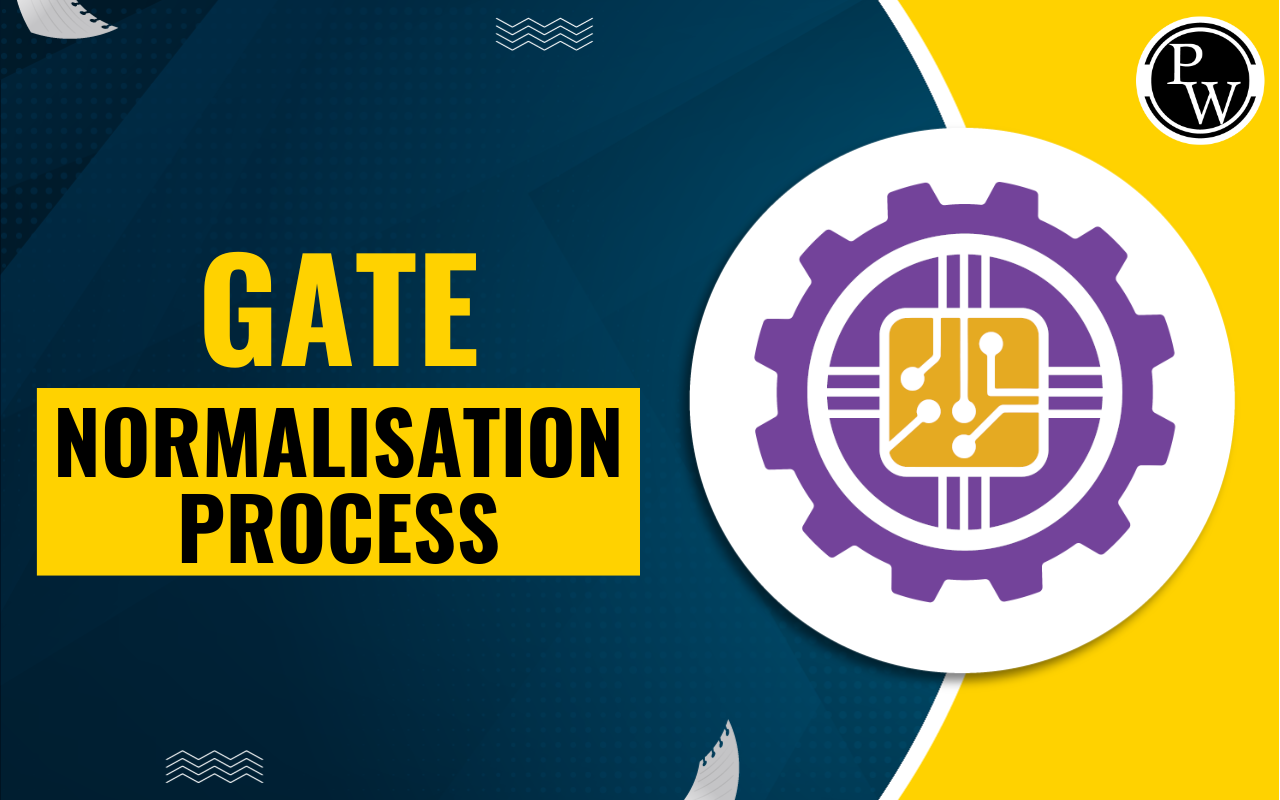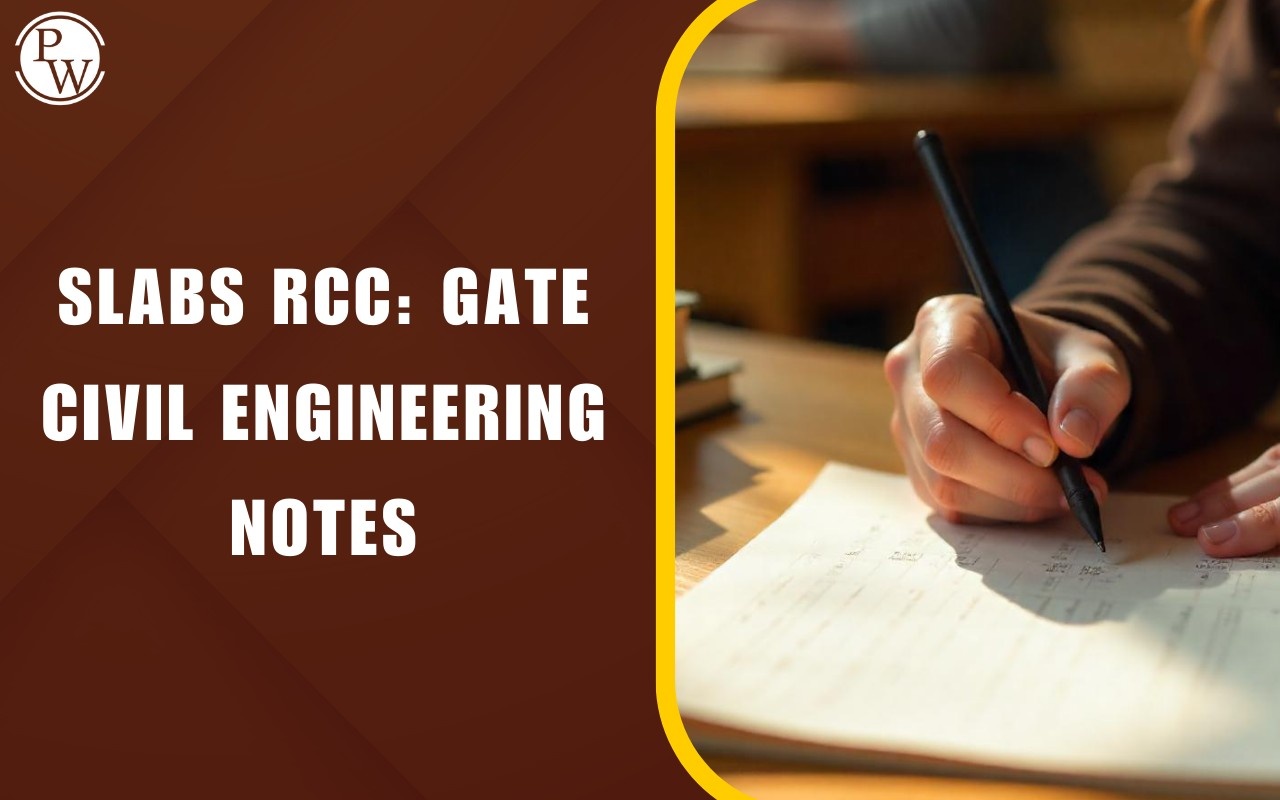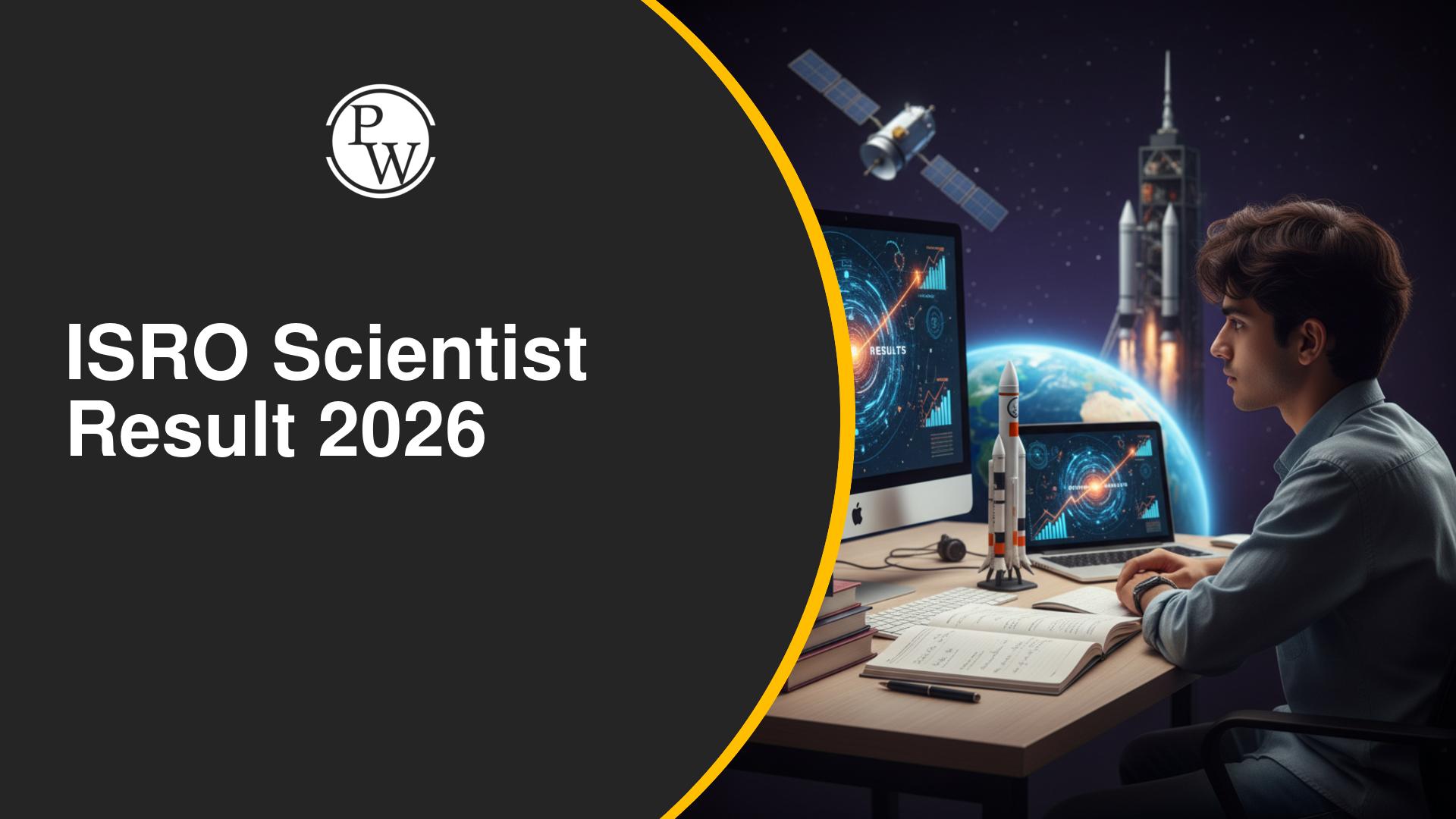
Instrumentation and Control Engineering - Instrumentation and Control Engineering refers to the measurement, analysis, and control of industrial process variables using software tools and process control instruments like pressure, temperature, flow, and level sensors, analyzers, Human-Machine Interfaces (HMI), electrical and mechanical actuators, automated control systems, Piping and Instrumentation Diagram (P&ID) systems and more.
The Instrumentation and Control Engineering course, prerequisites, syllabus, and other crucial Instrumentation and Control Engineering-related information are covered in this article.
What is Instrumentation and Control Engineering?
Instrumentation and Control Engineering is a subfield of engineering that focuses on the control, instrumentation, operation, and design of automated equipment or machinery used in industry.
Any sector can benefit from an instrumentation and control engineering graduate's increased productivity, stability, dependability, and instrument optimization.
Additionally, they ensure the efficient and secure operation of the industry's systems and procedures. With a degree in instrumentation and control engineering, students have many career options in the mechanical and electrical fields.
What is the role of the Instrumentation and Control Engineer?
Instrumentation and control systems in industrial sites are managed by control and instrumentation engineers. The design, development, and operation of control devices and systems within an industrial facility are typically the responsibilities of a control and instrumentation engineer.
Instrumentation and Control Engineering Highlights
Check out the Instrumentation and Control Engineering Overview in the table below.
| Instrumentation and Control Engineering Highlights | |
| Particulars | Details |
| Branch Name | Instrumentation and Control Engineering |
| Degree | B.E, B.Tech., and M.Tech |
| Duration | B.E and B.Tech - 4 years M.Tech - 2 years |
| Eligibility | Entrance exam |
| Admission Process | Entrance exam and counseling process |
| Entrance Exam | JEE Main, JEE Advanced, MHTCET, WBJEE, OJEEF, BITSAT, GATE , etc. |
| Career Options |
|
| Average Salary | Rs. 4 Lakhs to 8 Lakhs per annum (approximately) |
| Recruiting Companies |
|
Also Read: Computer Science Engineering, Know Eligibility Criteria, Top College Here
Instrumentation and Control Engineering Engineering Course Eligibility Criteria
Aspiring engineers can check the eligibility criteria to take admission in undergraduate and postgraduate programs in instrumentation and control engineering are as follows-
- For undergraduate programs, aspirants must have completed their 10+2 class with subjects in Physics, Chemistry, and Mathematics (PCM) with a minimum aggregate score of 65% or higher.
- To meet the eligibility criteria for an M.Tech program in Instrumentation and Control Engineering, aspirants need to complete a B. Tech or B.E degree in Electrical and Mechanical Engineering with a minimum aggregate score of 60% or higher. For admission into IITs, clearing the GATE examination is necessary.
Suggested Read: Best Online Courses for GATE Electrical Engineering
Instrumentation and Control Engineering Entrance Exam
Various entrance examinations play an essential role in securing admission to Instrumentation and Control Engineering programs. Following are the entrance exams conducted to take admission to undergraduate-level and postgraduate-level programs are listed below-
For Undergraduate Entrance Exam
JEE Main: JEE Main is the national-level entrance exam for admission to prestigious engineering institutions like private and government colleges including instrumentation and control engineering.
JEE Advanced: The advanced stage of the Joint Entrance Examination for admission to renowned engineering institutions like IITs, offering advanced courses including instrumentation and control engineering.
MHTCET: MHT CET is a state-level test that provides admission to undergraduate engineering programs at several engineering institutes in Maharashtra.
BITSAT: BITS Pilani administers BITSAT, which facilitates enrollment in undergraduate engineering programs at several BITS campuses.
For Post Graduate Entrance Exam
GATE: Graduate Aptitude Test in Engineering is a national-level entrance exam for postgraduate courses in engineering at IISc and IITs. The examination is usually held in February.
Also Read: GATE 2024 Registration
Instrumentation and Control Engineering Scopes
Instrumentation engineering has a broad range of applications. They are superior to regular IT engineers. The graduates find employment in a variety of sectors, including the oil & gas, petrochemical, and automotive industries. They are capable of a wide range of jobs, such as maintenance engineer, reliability engineer, project engineer, and so on.
Indian Oil Corporation, HPLC, Reliance Industries Limited, and ONGC are some of the businesses that hire instrumentation engineering graduates. One can also work in the process automation sector, which also produces the required hardware. The design and engineering company is an additional alternative for engineers. Candidates may also work in the industry, designing equipment such as air conditioners, voltmeters, ammeters, power meters, and weighing scales, among others.
having a broad range of products, including ECG, EEG, MRI, XRAY, and FMG equipment. Robotics has given these engineers more opportunities to assist with welding, painting, and polishing. Both large-scale and small-scale enterprises need these engineers.
Instrumentation engineering has a very broad scope internationally. They can work in a variety of industries, including those that produce steel, chemicals, petroleum, and PLC and DCS-related businesses. These businesses include Yokogawa, Honeywell, and Siemens. Refineries, the oil and gas industry, and other areas are also of interest in Middle Eastern nations like Dubai, Qatar, and others.
Engineers aspiring in Instrumentation and Control Engineering have many opportunities. Some of them are listed below:
- Candidates can pursue advanced degrees in engineering or management.
- Candidates may pursue careers as senior design engineers, controls engineers, instrumentation engineers, etc.
- Candidates who have the necessary assets can start their own business.
- Candidates may apply for various jobs in the government or private sectors.
Suggested Read: Best Online Courses for GATE Mechanical Engineering
Instrumentation and Control Engineering Colleges List
Here is a list of top Instrumentation and Control engineering colleges in India.
|
Instrumentation and Control Engineering Colleges List with fees and salary |
||
| Name of College/ University | Average Annual Fees | Average Annual Salary |
| NIT Trichy | INR 1.49 Lakhs | INR 6.5 LPA |
| Jawaharlal Nehru Technological University | INR 12,500 | INR 7 LPA |
| Manipal Academy of Higher Education | INR 3.35 lakhs | INR 8.66 LPA |
| College of engineering | INR 40,500 | INR 8 LPA |
| Chandigarh University | INR 1.60 lakhs | INR 7.1 LPA |
| Guru Gobind Singh Indraprastha University | INR 1.17 lakhs | INR 6 LPA |
| Woxsen University | INR 3.02 lakhs | INR 7 LPA |
| I.K Gujral Punjab Technical University | INR 80,750 | INR 5 LPA |
| Sikkim Manipal Institute of Technology | INR 2.60 lakhs | INR 5 LPA |
| New Horizon College of Engineering | INR 2.50 lakhs | INR 6 LPA |
Also Check: Biomedical Engineering, Check Syllabus, Scope, Specialization & Best Books!
Instrumentation and Control Engineering Subjects
Following are the subjects listed below for undergraduate and postgraduate programs -
|
Instrumentation and Control Engineering Subjects |
|
| Courses in Undergraduate Programs | Courses in Postgraduate Programs |
|
|
Instrumentation and Control Engineering Books
Below is the list of best books for Instrumentation and Control Engineering -
|
Instrumentation and Control Engineering Books |
|
| Books | Authors |
| Control Systems Engineering | IJ Nagrath and M Gopal |
| Automatic Control Systems | B C Kuo |
| Feedback Control of Dynamic Systems | G F Franklin and A Emami-Naeini |
| Automatic Control Systems | Farid Golnaraghi |
| Control Systems | Kumar A Anand |
| Control Systems Engineering | Norman S Nise |
| Control Systems: Theory and Applications | Ghosh |
| Control Systems Engineering: Analysis and Design | Norman S Nise |
| Problems and Solutions in Control System Engineering | Deepa |
Instrumentation and Control Engineering Jobs
Candidates interested in studying instrumentation engineering should review the job description provided. The candidate must complete recruitment and selection to be hired. The highest level of accuracy and performance must be used in instrumentation engineering. For example, at a biomedical company, the engineer's role is limited to ensuring that the biological devices function properly. The candidates may also work on defense or aerospace projects.
Considering that instrumentation engineering is a new field. Additionally, they have some excellent prospects in the mechanical, electrical, and electronic fields. The student can work both inside and outside the sector because this program is multifunctional.
A candidate who focuses on a certain industry may also operate as an incorporated engineer or a chartered engineer. They have a chance to advance in this industry. The engineers will be required to work full-time and meet all deadlines.
Before choosing a degree, every candidate should be aware of their future salary. The following list of job profiles in instrumentation and control engineering includes their average salary.
| Instrumentation and Control Engineering Job profile with an average salary | |
| Job Title | Average annual salary |
| Site Engineer | INR 6.6 LPA (Approx.) |
| Maintenance Engineer | INR 7 LPA (Approx.) |
| Process Engineer | INR 5.5 LPA (Approx.) |
| Instrumentation Engineer | INR 6 LPA (Approx.) |
| Instrumentation and control specialist | Rs. 3-4 LPA(Approx.) |
| Supervisor | Rs. 2-4 LPA(Approx.) |
| Process technician | Rs. 2-5 LPA(Approx.) |
| Materials Engineer | Rs. 3-5 LPA(Approx.) |
| Quality Control Technician | Rs. 2-4 LPA(Approx.) |
| Mining Engineer | Rs. 4-6 LPA(Approx.) |
| Manufacturing Engineer | Rs. 3-4 LPA (Approx.) |
Instrumentation and Control Engineering Recruiters
Railways, construction firms, telecommunications sectors, automobile industries, oil and gas sectors, power production, and energy companies are among the top recruiters. Instrumentation and Control Engineering Graduates are also employed by businesses that produce electrocardiograms, ammeters, and other types of equipment. The top recruiters are:
- National Instruments
- Tata Consultancy Services
- Larsen & Toubro
- GAIL
- Invensys
- Siemens
- Suzlon
- Bechtel
- Whirlybird
- NTPC
To learn more about the GATE examination, check the following links:
| GATE Exam Date 2024 | GATE Exam Pattern 2024 |
| GATE Syllabus 2024 | GATE Eligibility Criteria 2024 |
Instrumentation and Control Engineering FAQs
What is the nature of an Instrumentation and Control Engineering graduate's work?
What is the expected salary after completing a degree in Instrumentation and Control Engineering?
What fields of employment will there be available for Instrumentation and Control Engineering graduates?
What industries hire the Instrumentation and Control Engineering graduates?

